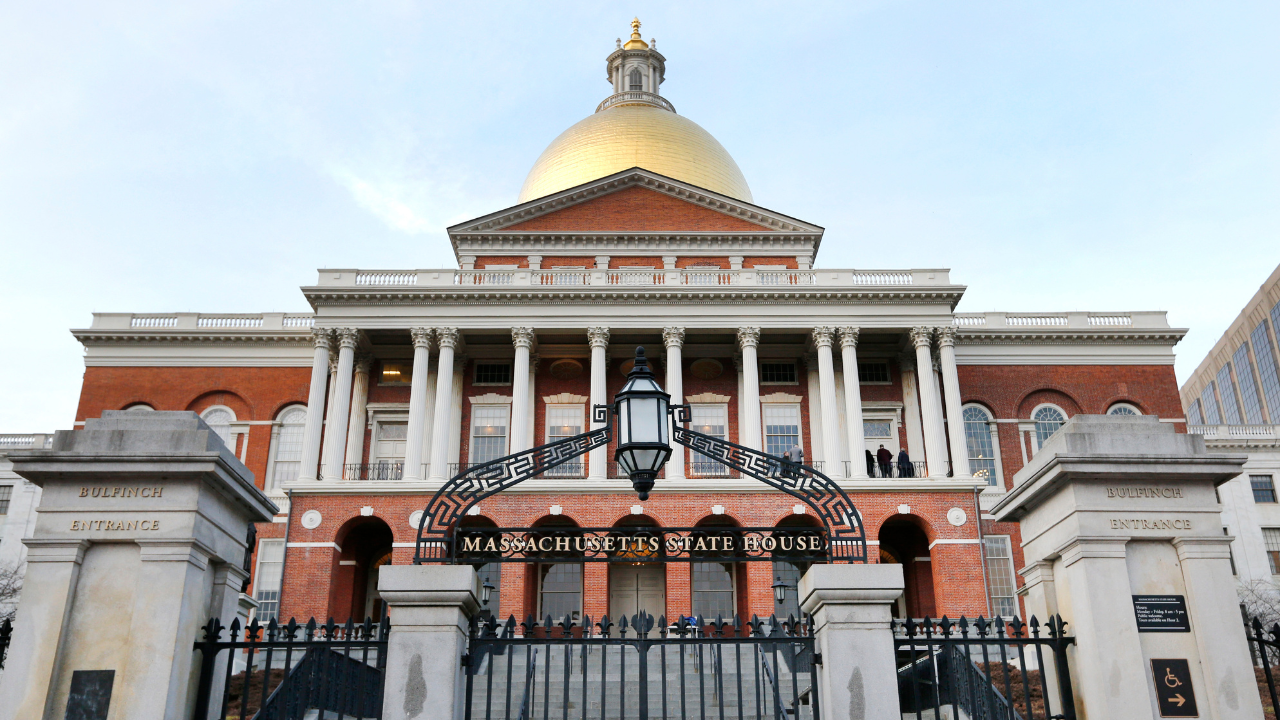Massachusetts bill to ban ‘revenge porn’ awaits governor’s approval
Lawmakers in Massachusetts are taking a stand against the harmful and invasive practice of “revenge porn” by approving a bill that would criminalize the dissemination of explicit images or videos without consent. This bill has been sent to Democratic Gov. Maura Healey for signing, making Massachusetts poised to join 48 other states in outlawing this damaging behavior.
Advocates for the bill have hailed this move as long overdue, emphasizing the need to protect individuals from the social and emotional harm caused by sharing intimate images without their permission. The bill aims to bring Massachusetts in line with other states that already have clear laws against revenge porn, leaving South Carolina as the only state without such legislation.
If signed into law, the bill would make it a criminal offense to distribute nude or partially nude photos of another person without their consent. Offenders could face up to two and a half years in prison and a $10,000 fine, with harsher penalties for repeat violations. This legislation is seen as crucial in addressing a form of abuse that has become increasingly prevalent in the digital age, often perpetrated by former romantic partners.
The bill also explicitly states that even if a person initially consents to the creation of an explicit image or video, it does not imply consent for the distribution of that content without further approval. This provision is aimed at closing loopholes and protecting individuals from having their privacy violated without their knowledge or consent.
Lawmakers are particularly concerned about the role of emerging technologies like artificial intelligence and deepfake technology in facilitating revenge porn. By passing this bill, Massachusetts aims to set a precedent for addressing the implications of these technologies and preventing further harm to individuals.
Senate President Karen Spilka emphasized the importance of protecting individuals from coercive and abusive behavior, stating, “No person’s life should devolve into chaos because a private photo was shared without their permission, and no person should fear coercion or be threatened with the sharing of such a photo.”
In addition to criminalizing revenge porn, the bill also establishes a definition for coercive control, recognizing non-physical forms of abuse such as isolation, threats of harm, and controlling behaviors. By expanding the statute of limitations for domestic violence charges, the legislation aims to give survivors a longer window to seek justice and hold abusers accountable.
Minors who engage in sharing explicit images of themselves or others are currently charged with violating child sexual abuse image laws and required to register as sex offenders. The new bill proposes an educational diversion program to educate young individuals about the consequences of engaging in revenge porn, offering them a chance to learn and grow from their mistakes without facing criminal charges.
Organizations like Jane Doe Inc., the Massachusetts Coalition Against Sexual Assault and Domestic Violence, have praised the passage of this bill as a milestone for survivors in the state. They commend the legislation for its thoughtful approach to addressing the problem of non-consensual image sharing and its recognition of the need to provide support and education to young offenders.
Overall, the approval of this bill represents a significant step forward in protecting individuals from the harmful effects of revenge porn and holding perpetrators accountable for their actions. By passing this legislation, Massachusetts is taking a stand against digital abuse and working to create a safer and more respectful online environment for all its residents.








